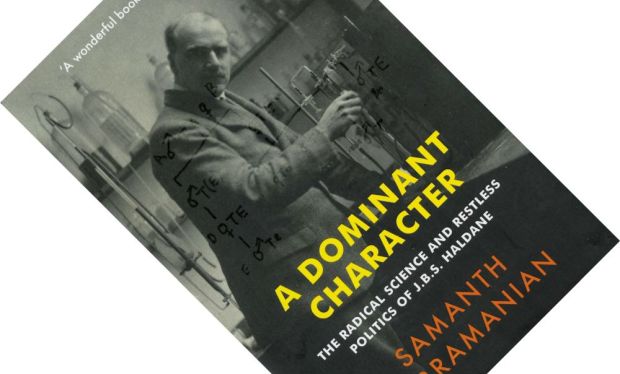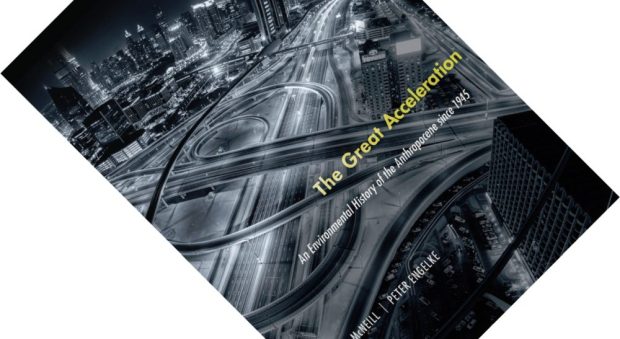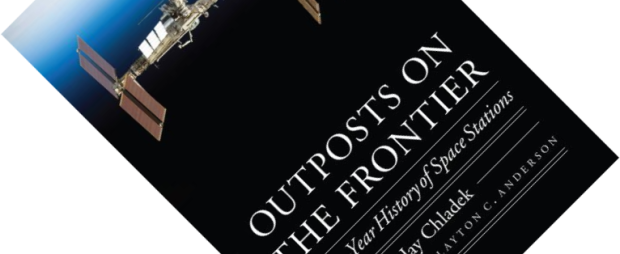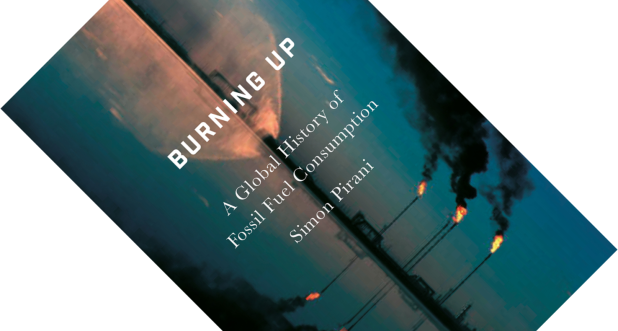7-minute read
Students of genetics and evolution might be familiar with the name of J.B.S. Haldane (1892–1964), particularly for his contributions to population genetics. What I did not realise before reading A Dominant Character was that he had many more strings to his bow and was a larger-than-life character. In a fascinating biography that never seeks to downplay his complicated character, journalist Samanth Subramanian effortlessly switches back and forth between Haldane’s personal life and his many scientific contributions.






